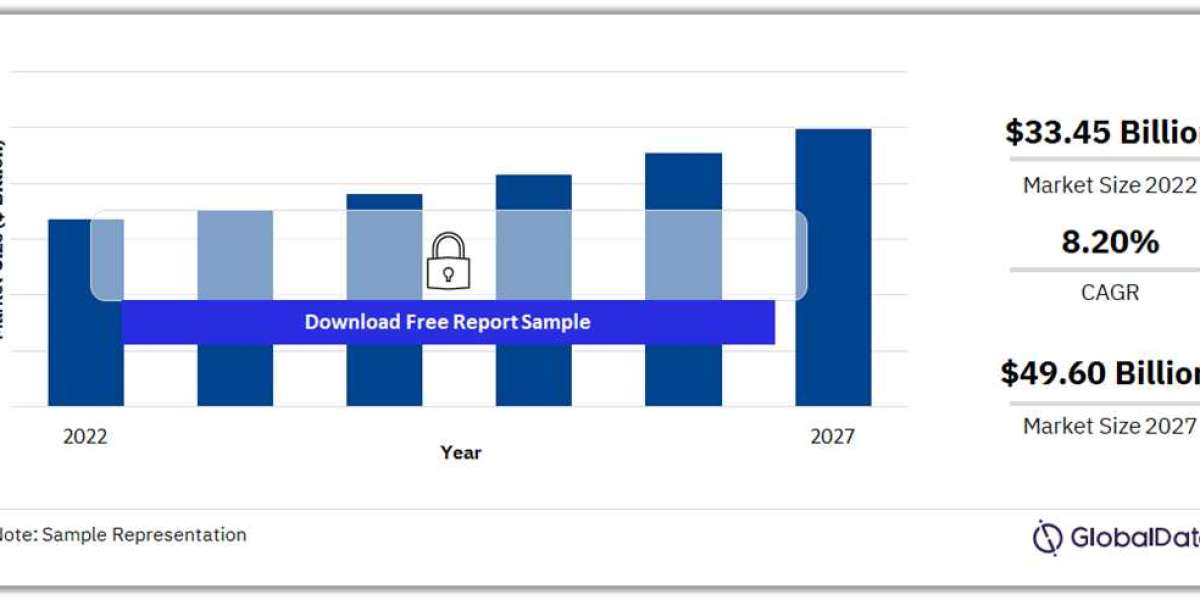The South Africa ICT market represents a dynamic and rapidly evolving sector that plays a pivotal role in the nation's economy. From telecommunications and IT services to emerging technologies like artificial intelligence, the ICT industry in South Africa is a hotbed of innovation and growth. In this comprehensive article, we delve into the key aspects of the ICT market, its development over time, and the various segments that drive its success. Additionally, we examine the impact of ICT on the broader economy and other industries, exploring the challenges and opportunities that lie ahead.
Overview of the South Africa ICT Market
The ICT market in South Africa encompasses a wide range of products and services, including telecommunications, IT services, software, hardware, and infrastructure. This sector has experienced significant growth over the past decade, driven by technological advancements and increasing digital adoption across industries.
According to recent reports, the South Africa ICT market is valued at over $15 billion, with telecommunications accounting for a substantial portion of the market. The IT services and software segments are also witnessing steady growth, fueled by the demand for digital transformation and automation in businesses.
The ICT sector is a major contributor to South Africa's economy, providing employment opportunities and driving innovation. It also supports other industries, such as finance, healthcare, and manufacturing, through the adoption of technology solutions. Despite its growth, the sector faces several challenges, including regulatory hurdles, skills shortages, and infrastructure limitations.
Historical Development of ICT in South Africa
The development of the ICT sector in South Africa has its roots in the early days of telecommunications and computing. In the 1990s, the country began to embrace digital technologies, with the introduction of mobile phones and the growth of the internet. The privatization of the telecommunications industry and the liberalization of the market were key milestones that spurred growth.
The early 2000s saw the rapid expansion of mobile networks, with major players like Vodacom and MTN establishing a significant presence. The adoption of broadband internet further fueled the growth of the ICT sector, enabling new services and business models to emerge. As technology continued to advance, South Africa became a hub for innovative solutions and digital transformation.
Despite these advancements, the ICT sector has faced its share of challenges. The digital divide, caused by disparities in access to technology and infrastructure, remains a significant issue. Additionally, regulatory changes and compliance requirements have at times slowed the pace of growth. However, the overall trajectory of the ICT sector has been positive, with continued investment and innovation driving progress.
Key Drivers in the South Africa ICT Market
Several key drivers have contributed to the growth and success of the South Africa ICT market. These factors include:
Technological Advancements: Rapid advancements in technology, such as 5G networks, cloud computing, and artificial intelligence, have opened up new possibilities for businesses and consumers alike.
Digital Transformation: The push for digital transformation across industries has created a demand for ICT services and solutions, as organizations seek to streamline operations and improve customer experiences.
Government Initiatives: Government support for ICT development through policies and funding has played a crucial role in fostering growth. Initiatives like the National Development Plan (NDP) have set ambitious goals for the sector.
Globalization and Collaboration: South Africa's integration into the global economy has led to increased collaboration with international ICT companies, fostering knowledge exchange and technology transfer.
These drivers have contributed to the resilience and adaptability of the South Africa ICT market, positioning it as a key player in the African technology landscape.
Challenges Facing the South Africa ICT Market
Despite the positive outlook, the South Africa ICT market faces several significant challenges. Addressing these obstacles is crucial for sustaining growth and ensuring the sector's long-term success. The main challenges include:
Regulatory Compliance: The ICT sector is subject to various regulations and compliance requirements. Navigating the complex regulatory environment can be difficult for companies, especially smaller startups and emerging businesses.
Skills Shortages: A lack of skilled ICT professionals, particularly in areas like software development and cybersecurity, has created a talent gap. This shortage can hinder innovation and growth.
Infrastructure Limitations: Despite advancements in technology, there are still regions in South Africa with limited access to reliable infrastructure, such as high-speed internet and electricity. These limitations can impede business operations and digital adoption.
Digital Divide: The digital divide, characterized by unequal access to technology and the internet, remains a pressing concern. Bridging this divide is essential for ensuring equitable growth and social inclusion.
Efforts to address these challenges are underway, with government initiatives and private-sector investments focusing on skill development, infrastructure improvement, and regulatory reform.
South Africa ICT Market Segments
The South Africa ICT market comprises several distinct segments, each contributing to the sector's overall growth and success. These segments include:
Telecommunications Sector in South Africa
The telecommunications sector is a cornerstone of the South Africa ICT market. It encompasses mobile networks, fixed-line services, and internet providers. Major telecommunications companies like Vodacom, MTN, and Telkom play a significant role in shaping this segment.
The adoption of 4G and 5G technologies has driven substantial growth in the telecommunications sector. The rollout of high-speed networks has expanded internet access, enabling new services and applications. Mobile penetration rates are high, with a large proportion of the population owning mobile devices.
Buy the Full Report for More Insights into the South Africa ICT Market Forecast








